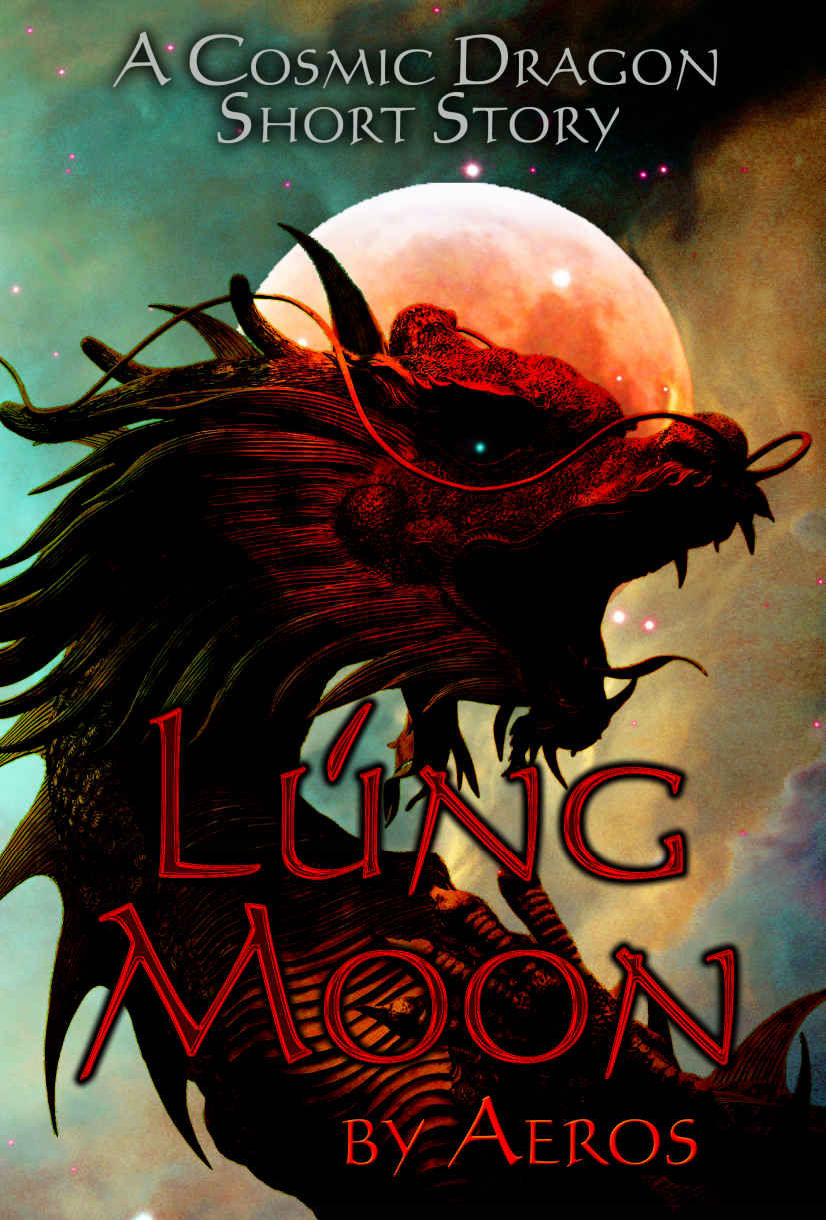
Had a discussion tonight that wound up with an author I support and admire pulling his post. I blinked, and it was gone, just that fast. So, I private messaged the gentleman, asking where our discussion had gone. He told me he’d deleted it…because, he said, his opening statement needed to be edited…and he didn’t want to make other writers mad.
Really? You don’t want to make…other writers mad. I’m another writer, and I wasn’t mad. I actually THOUGHT we were pursuing a lively, intellectual discourse.
Wrong. His post wasn’t meant for discussion. It was a ‘call-out’, a change-order.
But it was a good discussion. And I made good counter arguments to his points. (Unfortunately, I didn’t keep a copy of my replies, so I can’t replicate them when he replicates his…if he does.)
In the private messaging, I came to understand his underlying motive. it’s the basis for a common misery I recognize exhibited by a LOT of writers/authors–depression and a sense of overwhelming futility, coupled with dogged determination to continue, despite all odds stacked against one. Namely: there are so many books being published (now that independent publishing is coming of age), that getting any book noticed by masses of people is nigh on impossible.
Well, yep. That’s too true.
- It requires a LOT of lucky breaks (also called serendipity);
- it requires one to be an extrovert, when writers–good writers–are, by overwhelming numbers, introverts; and
- it requires an army of “connector” friends and fans who are willing and capable of effectively spreading the word about your book being the greatest thing since [enter your favorite title] to other readers of whichever genre you write.
But here’s the problem, even if you have all those things. People who read books, especially those who read novels, are a less than overwhelming percentage of the population. About a quarter of Americans don’t even read one book a year.1 Instead, they:
- play video games,
- hang out online,
- watch sports,
- watch the news cycle/talking heads, high drama, vitriol-driven world of politics,
- watch movies, TV series, game shows, reality shows, and,
- generally, do everything and anything exCEPT read…books.
Reading for them is Twitter or Facebook, not cracking open some made-of-paper or made-of-bytes tome filled with tens of thousands of alpha-numeric characters. I mean, really. 144 characters is about their upper limit. Of those who do read fiction (as opposed to non-fiction), the numbers are even less. …And, of course, of those who read a specific genre of fiction, you guessed it, even less than that–a lot less.
Interestingly, young people are reading MORE.2 Which is good. But I’m afraid the kind of reading that holds the Millennials are books they can personally connect with…which doesn’t include what a lot of writers shopping their books are writing. That limits certain genre novelists to an even smaller pool of potential readers, and that pool of potential readers tends to avoid spending money on books, so if it isn’t found at their library, isn’t free, isn’t available and at hand for cheap–very cheap–somewhere, you’ve got a hefty job convincing them to spare their dollars for your book. They’d rather spend their money on their grandkids. Or on their next vacation. And, yes, in fact, unless they’re an avid reader of more than eleven books a year, up into the book a week category, chances are the books they buy won’t be those you’ve written. And, in fact, even those who read a book a week won’t be buying your book. Why should they? They can sift through the thousands upon thousands of free books out there to find their next read and not spend one thin dime.
So, how do you get your book to the point that a whole bunch of somebodies crave to read it so much that, yes, they’ll shell out their cash to actually buy a copy? Well, you either write what sells–gore, sex, perversion–or write what sells–romance–or write what sells–your book promoted well and appropriately, marketed at just the right moment to just the right people when those people happen to be looking for just that kind of book.
And an aside (something mentioned in the above-noted ‘disappeared’ post): Does your book have to be well-written and well-edited?
Let’s look at the stats on that: Fifty Shades of Grey. Nope. Does NOT need to be well-written or well-edited. Nope. Not, at all.






 Stepping into the shower, she listens to the giggling in the walls, watches light refracting in the streaming spray, smells the fragrance of freshness. Tastes it, too. She closes eyes, lessening visual stimulation. While spatially disorienting, this decreases distraction.
Stepping into the shower, she listens to the giggling in the walls, watches light refracting in the streaming spray, smells the fragrance of freshness. Tastes it, too. She closes eyes, lessening visual stimulation. While spatially disorienting, this decreases distraction.